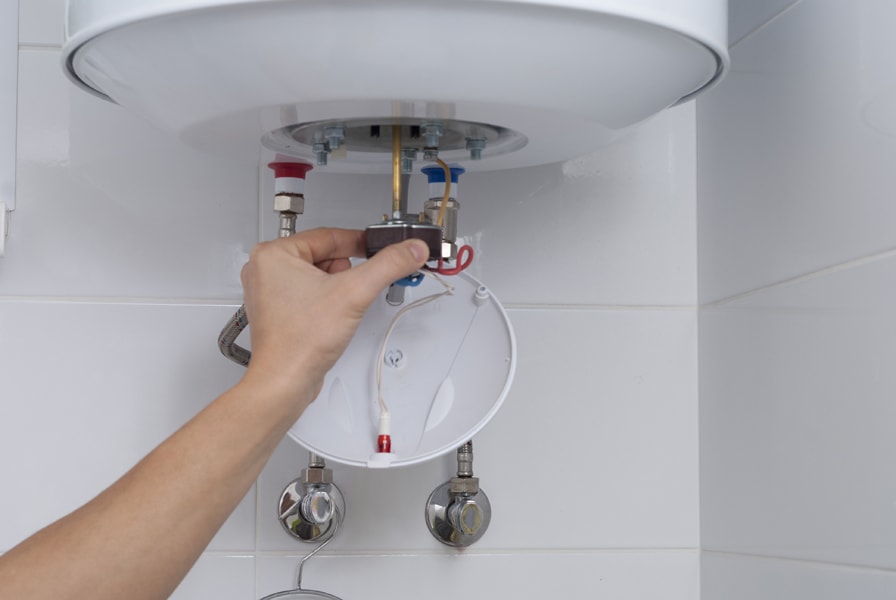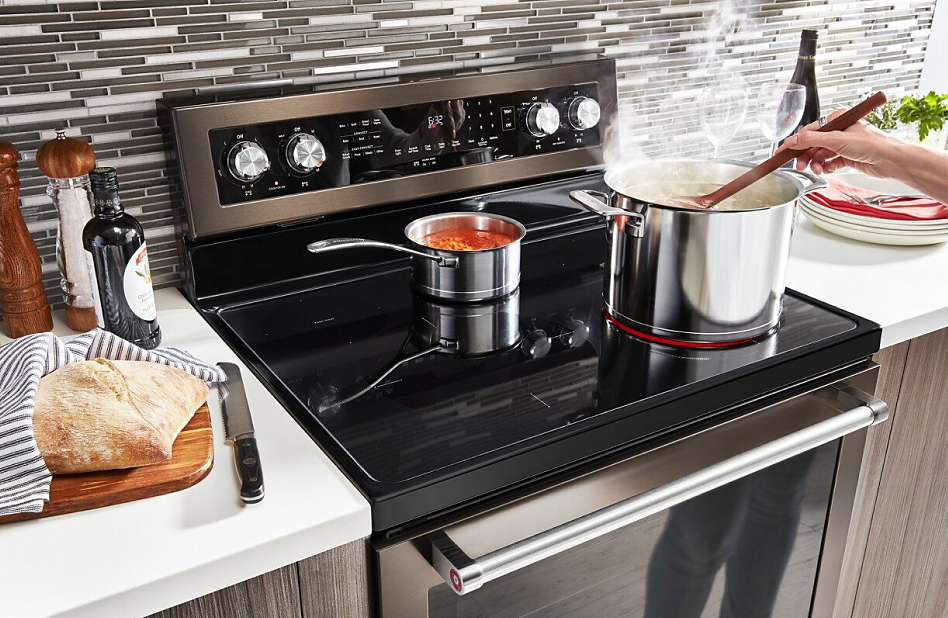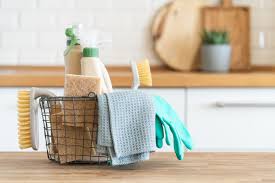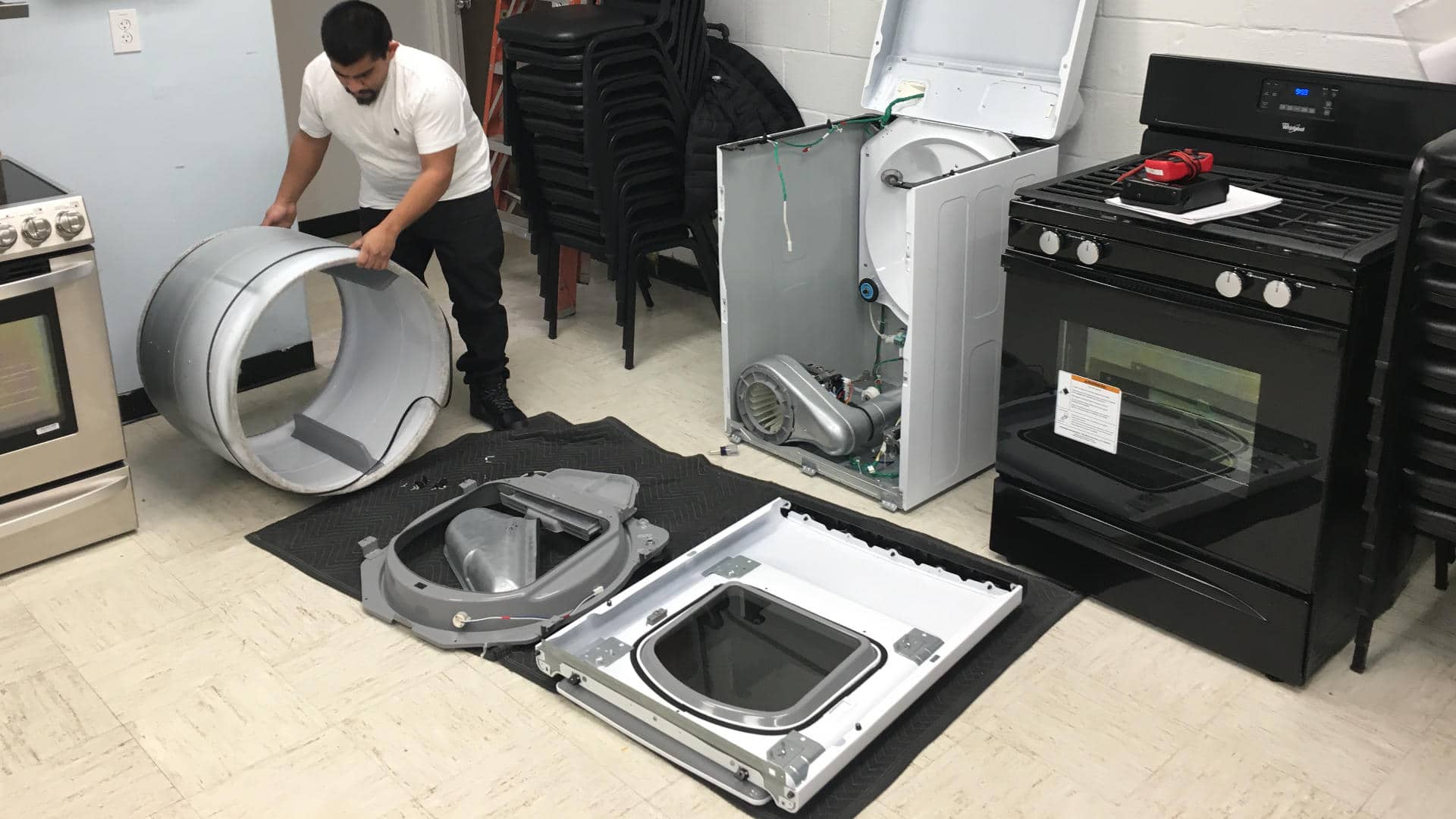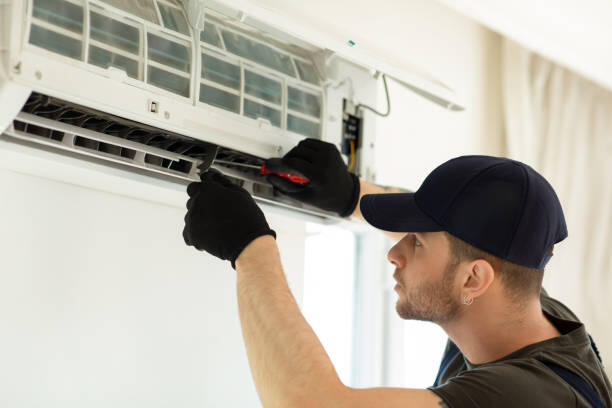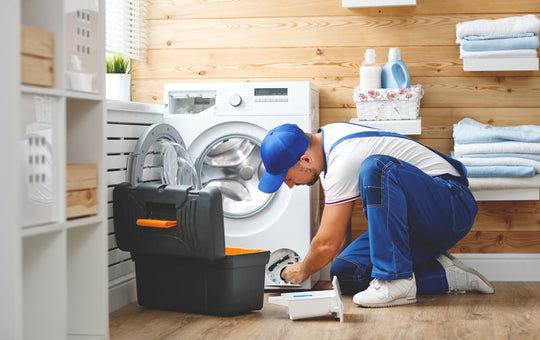Hot Water Problems Water Heater Repair and Maintenance
Dealing with hot water problems? Discover effective solutions for water heater repair and maintenance. Learn how water heaters work, common issues, and how to troubleshoot sudden hot water outages. Our guide covers DIY repairs, from replacing heating elements to cleaning the tank. We also emphasize the importance of professional repairs when needed and offer tips on selecting the right technician.
Additionally, explore the benefits of energy-efficient water heaters, maintenance routines to extend their lifespan, and preventing common water heater issues. Find practical advice for addressing emergencies and contact information for quick resolutions. Trust our expert insights for a hassle-free hot water experience.
How to Identify Issues with Your Water Heater?
Your water heater is an essential appliance that provides you with a steady supply of hot water for various household needs. However, like all machines, it can develop problems over time. Recognizing these issues early can save you from unexpected cold showers or major repairs. Here's how to identify common water heater problems:
Leaking Water: If you notice water pooling around the base of your water heater, it's a clear sign that something is amiss. Water leakage can result from a damaged relief valve, loose connections, or even tank corrosion. Promptly addressing leaks is crucial to prevent further damage.
Lack of Hot Water: When your hot water suddenly turns cold, it's a sign of trouble. This could be due to a malfunctioning heating element, a faulty thermostat, or a tripped circuit breaker. Investigate the cause to restore your hot water supply.
Strange Noises: Unusual sounds emanating from your water heater, such as popping, rumbling, or hissing, could be an indication of sediment buildup inside the tank. These deposits can reduce efficiency and should be removed.
Rusty Water: If the water from your hot tap appears rusty or discolored, it's a warning sign of tank corrosion. Corrosion can lead to leaks and, ultimately, the need for a new water heater.
To maintain your water heater's performance and extend its lifespan, it's essential to be vigilant and address issues promptly. Routine inspections and maintenance can help you avoid costly repairs and ensure a consistent supply of hot water. If you're uncertain about the problem or its solution, it's advisable to consult a professional plumber or technician who can diagnose and repair the issue effectively, ensuring the continued functionality of your water heater.
Common Water Heater Problems and Solutions
Water heaters are an indispensable part of our daily lives, providing hot water for showers, dishes, and laundry. However, they can encounter issues that disrupt this essential service. Understanding common problems and their solutions can save you from unexpected cold showers and costly repairs. Here are some widespread water heater problems and how to address them:
Sediment Buildup: Over time, sediment can accumulate at the bottom of the water heater tank. This buildup can reduce the unit's efficiency and even lead to unusual popping or rumbling noises. The solution is simple: flushing the tank to remove the sediment. This should be done annually as part of routine maintenance.
Pressure Relief Valve Leaks: A leaking pressure relief valve can be a cause for concern. It may signify overpressure inside the tank, which could be dangerous. In such cases, it's advisable to consult a professional plumber. They can test and, if necessary, replace the valve to ensure the unit's safety.
Heating Element Failure: If you find that you have insufficient hot water, it could be due to a malfunctioning heating element. These can wear out over time and may need replacement. A professional technician can assess the issue and replace the heating element as needed.
Pilot Light Problems: For gas water heaters, a pilot light that frequently goes out may be due to a faulty thermocouple. Replacing the thermocouple is a relatively simple and affordable solution to keep the pilot light burning consistently.
Understanding these common water heater issues and their solutions empowers homeowners to take action promptly when problems arise. Remember that while some maintenance and troubleshooting can be done independently, more complex issues should be handled by qualified professionals to ensure safety and effective repairs. Regular maintenance and timely problem-solving will help keep your water heater running efficiently for years to come.
Water Heater Repair: Basic Tips for DIY
Your water heater is a vital home appliance that ensures a steady supply of hot water for daily needs. While some issues may require the expertise of a professional plumber, there are several basic maintenance and repair tasks you can tackle yourself. Here are some essential tips for DIY water heater repair:
Insulate the Tank: Water heater tank insulation can help conserve energy and maintain water temperature. You can purchase pre-cut jackets or blankets designed for water heaters at your local hardware store. Ensure to follow the manufacturer's instructions for proper installation.
Flush the Tank: Sediment buildup in the tank can decrease efficiency and lead to problems like reduced hot water output and strange noises. To address this, flush the tank regularly, ideally once a year. Turn off the power or gas to the heater, connect a hose to the drain valve, and let the water and sediment drain into a suitable container.
Check the Anode Rod: The anode rod is a sacrificial component that protects the tank from corrosion. Over time, it can become depleted and need replacement. Check the anode rod annually, especially in areas with hard water, and replace it if it's significantly corroded. This simple task can significantly extend your water heater's lifespan.
Adjust the Thermostat: The thermostat controls the temperature of the water in the tank. Lowering the thermostat's temperature setting to around 120°F (49°C) can help save energy without sacrificing comfort. However, be cautious not to set it too low, as this can encourage bacterial growth.
While these DIY tips can help maintain your water heater and improve its efficiency, it's essential to know your limits. If you encounter issues beyond these basic maintenance tasks or if you're uncomfortable performing repairs, it's advisable to consult a professional plumber or technician. Handling gas, electricity, or complex components without the necessary expertise can be dangerous and may lead to more significant problems. Regular maintenance and timely professional intervention will ensure your water heater's reliability and longevity.
Professional Water Heater Repair: Why It's Essential and How to Choose One
Water heaters are an essential component of modern households, providing us with the convenience of hot water for various daily activities, from bathing to cooking. However, like all appliances, they can occasionally malfunction or break down. When this happens, it's crucial to consider professional water heater repair for several reasons.
First and foremost, safety is a paramount concern. A malfunctioning water heater can pose serious safety risks, including the potential for electrical issues, gas leaks, or scalding hot water accidents. Professional repair technicians are trained to identify and address these safety hazards, ensuring your home remains secure.
Secondly, professional repair services can save you money in the long run. Attempting DIY repairs may lead to further damage or even void the warranty on your water heater. A certified technician can diagnose the issue accurately, providing a cost-effective solution that extends the lifespan of your appliance.
When selecting a professional water heater repair service, consider their reputation, experience, and certifications. Look for technicians who are licensed, insured, and have a history of successful repairs. Reading customer reviews and seeking recommendations can also help you make an informed decision.
In conclusion, professional water heater repair is essential for safety, cost-effectiveness, and the longevity of your appliance. Choosing the right repair service ensures your hot water needs are met efficiently and safely.
